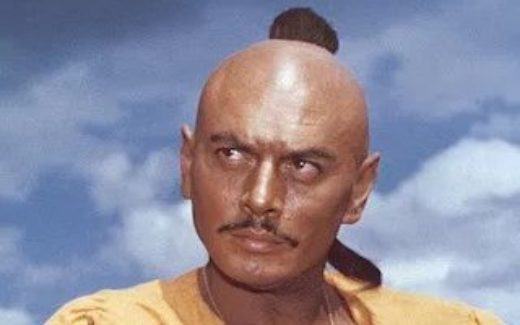Longfellow’s Most Famous Poems
Henry Wadsworth Longfellow was born in 1807, in the same decade as these babes who also went on to become notable poets:
1802-1885 – Victor Hugo
1803-1882 – Ralph Waldo Emerson
1806-1861 – Elizabeth Barrett Browning
1807-1892 – John Greenleaf Whittier
1809-1849 – Edgar Allan Poe
1809-1892 – Alfred, Lord Tennyson
1809-1894 – Oliver Wendell Holmes
Most of them outlived Longfellow, who died on March 24, 1882. Ralph Waldo Emerson died two weeks later on April 7th that year.
Longfellow was known as one of the Fireside Poets. The others included John Greenleaf Whittier and Oliver Wendell Holmes. William Cullen Bryant, born in 1794, was the oldest. James Russell Lowell, born in 1819, was the youngest. They wrote poems particularly suited to being read during a family evening around the fireplace.
Here are some of Longfellow’s most well-known poems and their most quoted lines
THE MIDNIGHT RIDE OF PAUL REVERE:
Listen, my children, and you shall hear
Of the midnight ride of Paul Revere
One if by land, and two if by sea;
And I on the opposite shore will be
THE SONG OF HIAWATHA
By the shores of Gitche Gumee,
By the shining Big-Sea-Water,
Stood the wigwam of Nokomis,
Daughter of the Moon, Nokomis.
Give me as my wife this maiden,
Minnehaha, Laughing Water,
Loveliest of Dacotah women!
THE VILLAGE BLACKSMITH
Under a spreading chestnut-tree
The village smithy stands
His brow is wet with honest sweat,
He earns whate’er he can
THE WRECK OF THE HESPERUS
It was the schooner Hesperus,
That sailed the wintry sea
Christ save us all from a death like this,
On the reef of Norman’s Woe!
Some other titles to know if you’re looking to be a Jeopardy! contestant:
“Evangeline, a Tale of Acadie” (1847) is an epic poem (that means it’s long as hell!). Evangeline Bellefontaine is an Acadian girl forced to leave her homeland during the time the British kicked the Acadians out of Canada. She is separated from her true love Gabriel Lajeunesse and searches for him in vain in America. By the time she finds him, she is an old lady and well, there isn’t a happy ending. It’s tragic.
The Courtship of Miles Standish (1858) – Longfellow’s mother was a direct descendant of John Alden and Priscilla Mullins and Longfellow claimed this poem was based on oral history. It is set in 1621 and relates the love triangle of Mayflower passengers: Miles Standish, Priscilla Mullins, and John Alden. Now that you know about Longfellow’s ancestors, you know who won Mullins’ hand.
A PSALM OF LIFE
Tell me not in mournful numbers
Life is but an empty dream!–
Art is long and Time is fleeting
THE CHILDREN’S HOUR
I hear in the chamber above me
The patter of little feet,
The sound of a door that is opened,
And voices soft and sweet.
THE ARROW AND THE SONG
I shot an arrow into the air
It fell to earth I knew not where
THERE WAS A LITTLE GIRL – a short nursery rhyme that has come down to us in a more proper form than the baby talk it was written in. Opera singer, Blanche Roosevelt relates in her book “The Home Life of Henry W. Longfellow” (1882) how she read the poem to its author as an example of the “rubbish” that was being published, much to her chagrin.
“The Tide Rises, The Tide Falls” is my favorite Longfellow poem:
Finally, here is a verse from a parody poem called The Midnight Ride of William Dawes written by Helen F. Moore in 1896:
“‘Tis all very well for the children to hear
Of the midnight ride of Paul Revere;
But why should my name be quite forgot,
Who rode as boldly and well, God wot?
Why should I ask? The reason is clear —
My name was Dawes and his Revere.”









Recent Comments